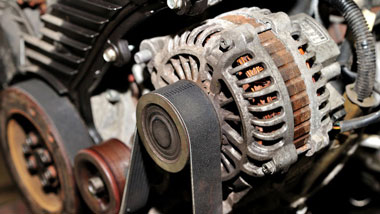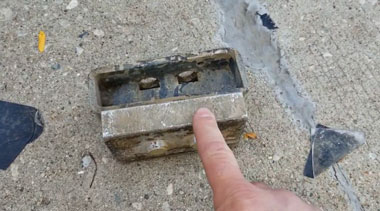Welcome to the adrenaline-fueled world of RC cars, where creativity meets cutting-edge technology. Far from being mere toys, today’s RC vehicles are technological wonders, mirroring and sometimes even pioneering advancements in the full-sized automotive industry.
As we navigate through the high-speed turns and innovative leaps in this sector, let’s explore four ways RC cars are not just following but actively driving innovation in the automotive world.
Sleek Design and Aesthetic Evolution
The world of RC cars is currently going through a design revolution, where how they look is just as important as how they perform. These models now have sleek, aerodynamic bodies that match the sophistication of high-end cars. Through collaborations with renowned car designers, RC cars are now producing visually stunning models with a level of detail and style akin to their full-sized counterparts.
These partnerships are not only about aesthetics but also about merging artistic creativity with engineering expertise. This design emphasis enhances their visual appeal and optimizes aerodynamic efficiency, ultimately boosting their overall performance. The result is a collection of RC cars that captivate both collectors and racers, offering a perfect blend of style and function in an impressive display of miniature art.
Enhanced Performance and Speed Capabilities
These miniature models aren’t holding back in the speed department. With the latest advancements in motor technology and battery life, RC cars are reaching impressive acceleration, previously only seen in full-size vehicles. High-performance brushless motors and advanced battery chemistries, like Lithium Polymer (LiPo), have pushed these models to new heights, offering both speed enthusiasts and casual hobbyists an exhilarating experience.
Moreover, the evolution in battery technology is not just about power; it’s about endurance. Longer run times mean more racing and less charging, a crucial factor in the enjoyment. These advancements are accompanied by improved thermal management systems, ensuring that they maintain optimal function without overheating. As a result, today’s models offer a thrilling blend of power, endurance, and reliability, marking a significant leap in the capabilities of remote-controlled vehicles.
Cutting-Edge Technological Integration
From the integration of AI and augmented reality to innovative remote control options via mobile apps, RC cars are at the forefront of technological integration. These advancements redefine how enthusiasts interact with their vehicles, providing a more immersive and responsive driving experience. AI, for instance, is being used to enable autonomous driving features and adaptive performance tuning, allowing them to react to different racing conditions in real time.

Additionally, augmented reality (AR) and mobile app connectivity take this interaction to new heights. AR can overlay data such as speed and lap times over a live track view, enhancing the racing experience. Meanwhile, mobile apps offer unprecedented control and customization options, from fine-tuning vehicle settings to updating firmware, all from the convenience of a smartphone. These innovations not only enhance the user experience but also showcase the potential of these technologies in the broader industry, signaling a future where cars are more connected, intelligent, and adaptable than ever before.
Customization and Personalization
Customization is a crucial aspect of the experience. With a variety of interchangeable parts and accessories available at RC car shops, enthusiasts can personalize their vehicles to an unprecedented degree, reflecting their styles and preferences. The availability of various bodies, tires, motors, and suspension components allows hobbyists to build a vehicle that looks unique and functions to their specific desires.

Beyond hardware, software customization is becoming increasingly prominent. Enthusiasts can now fine-tune their vehicles through digital interfaces, adjusting aspects like steering sensitivity, throttle response, and braking power. This level of customization makes the hobby more engaging and educates users about the intricacies of automotive mechanics and electronics.
Closing Thoughts
The RC car world isn’t just a hobby; it’s where passion, technology, and innovation come together. As these miniature machines keep improving, they’re making a bigger impact on the industry. The future of RC cars is bright and plays a crucial role in shaping tomorrow’s car tech. Get ready to be part of this exciting journey.






































